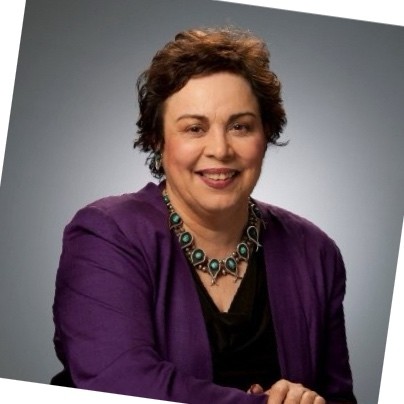School education Shift toward modern learning methods and tech. Structured, one-size-fits-all lessons are becoming outdated. More schools are adopting hybrid models, project-based learning, and real-world applications to make education more adaptable and engaging.
Technology Is Reshaping How Students Learn
Virtual reality, AI-driven tutoring, and gamified lessons are transforming traditional subjects. These tools make complex topics more interactive, helping students grasp difficult concepts with greater ease.

Skills-Based Learning Is Replacing Rote Memorization
Employers are prioritizing skills over grades, leading to a shift in curriculum focus. Critical thinking, communication, and hands-on problem-solving are taking precedence over memorization of facts.
Teachers Are Becoming Mentors, Not Just Instructors
Rather than just delivering lectures, educators are guiding students through self-directed learning. The emphasis is on collaboration, exploration, and personalized support to nurture independent thinking.

Standardized Testing Is Losing Its Grip
More schools are moving away from traditional exams in favor of competency-based assessments. Portfolios, real-world projects, and peer evaluations are gaining traction as better indicators of student progress.

I have 20 years of experience in higher education leadership. I held prominent academic positions at various institutions, concentrating on key areas such as student learning, faculty development, curriculum design, and institutional accreditation. As the Team Chair for eleven accreditation evaluations with the Middle States Commission on Higher Education, I have successfully directed thorough assessments that uphold academic standards and regulatory requirements. Furthermore, I have provided consulting services to major international institutions, offering guidance on accreditation processes, strategic planning, and governance frameworks. Her extensive knowledge in assessment, budget management, and collective bargaining and her commitment to academic excellence and institutional effectiveness make her a passionate champion for shared governance in higher education.
